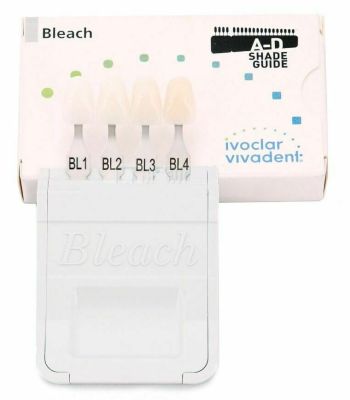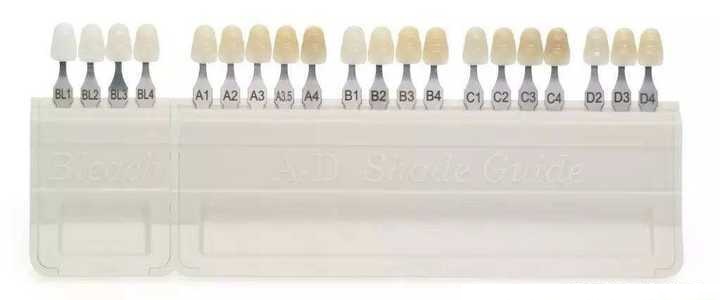I just read a blog post trying to answer a question about using lemons for teeth whitening—rubbing their essential oils or the peels on your teeth. While parts of the answer were correct, there was some misinformation which I’d like to correct.
(Read Dr. Hall’s comments below.)
We thank our advertisers who help fund this site.
Lemons contain citric acid. Interestingly, one of the over-the-counter teeth whitening kits I had tested in my office years ago had citric acid in it. The consumer was supposed to start with a rinse with citric acid, after which they would apply a substance containing titanium dioxide. The citric acid would etch the enamel, which would whiten it somewhat by giving it a frosty surface. Titanium dioxide, then, is a white pigment that would attach to the etched enamel surface, making the tooth considerably whiter. The problem was that this roughened enamel surface would now attract all kinds of stains. In a few days, the titanium dioxide would wear off and the teeth would then begin to absorb stains from food and drink. The end result was that in a couple of weeks, the teeth would actually be darker than they were originally.
The blog post I read claimed that the citric acid in the lemon would kill bacteria and this is what made it whiten the teeth. That isn’t correct. Stains on your teeth don’t come from bacteria—they come from pigments in food and drink. And normal toothbrushing removes plaque, which contains bacteria.
And this blog post was correct in saying that using lemons might make the teeth whiter temporarily but eventually they would be darker. But it attributed the eventual darkening to thinning of the enamel. No, the darkening comes because the etching of the teeth makes the surface of the enamel rougher and it then attracts stains.
And yes, if used repeatedly over a period of time, this will thin the enamel, as this blog post said. People who suck on lemons regularly will lose quite a bit of enamel. We see the same effect with bulimia. Stomach acid from repeated vomiting will eventually destroy your enamel.
So at least this blog post came to a correct conclusion—using lemons to whiten your teeth could make them later turn darker and it will damage your enamel. But the rationale was muddled. Do-it-yourself whitening is generally a bad idea. There is one over-the-counter whitening product that will whiten without damaging your teeth. That’s Crest Whitestrips. But the whitening is considerably less effective than the whitening provided in a dentist’s office.
– Dr. Hall
Do you have a comment or anything else to add? We’d love to hear from you. Enter your comment below. Or click here to ask Dr. Hall a question.
About David A. Hall
Dr. David A. Hall was one of the first 40 accredited cosmetic dentists in the world. He practiced cosmetic dentistry in Iowa, and in 1990 earned his accreditation with the American Academy of Cosmetic Dentistry. He is now president of Infinity Dental Web, a company in Mesa, Arizona that does advanced internet marketing for dentists.

 about your case.
about your case.